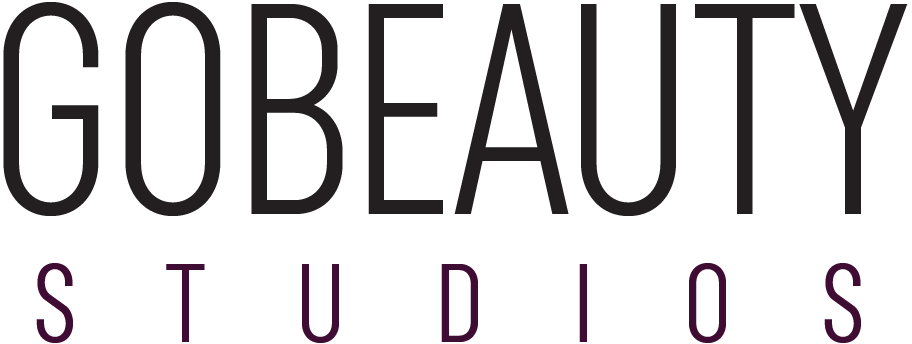
Natural cosmetics are becoming increasingly popular as more people seek safe and eco-friendly skincare products. However, finding truly high-quality products among numerous offerings is not always easy. Some manufacturers disguise synthetic ingredients as natural or use marketing tricks. How can you avoid mistakes and choose effective and safe cosmetics?
1. Checking the Ingredients: What to Look For
Many cosmetic brands use labels such as «organic,» «natural,» or «eco,» but these do not always guarantee that the product is entirely natural. The best way to verify quality is to carefully read the ingredient list.
Beneficial ingredients include plant-based oils, herbal extracts, natural waxes, clays, and naturally derived hyaluronic acid. These components nourish the skin and do not contain harsh chemical additives.
At the same time, it’s best to avoid parabens, silicones, sulfates, phthalates, artificial dyes, and synthetic fragrances. These substances can cause allergies, irritation, or clog pores, leading to skin problems.
To check ingredients, you can use specialized mobile apps that analyze cosmetic formulas and provide safety information.
2. Certification as a Quality Indicator
High-quality natural cosmetics usually have certifications that confirm compliance with environmental standards. Some of the most common international certifications include:
- ECOCERT – requires at least 95% of ingredients to be of natural origin.
- COSMOS Organic – ensures the use of organic ingredients.
- USDA Organic – certification from the U.S. Department of Agriculture.
- BDIH – a German certification mark for natural cosmetics.
- Leaping Bunny – guarantees that the product is not tested on animals.
The presence of such certifications indicates a safe composition and adherence to environmental standards.
3. Expiration Date and Storage Conditions
Natural cosmetics typically have a shorter shelf life due to the absence of synthetic preservatives, usually not exceeding 6–12 months after opening. If a product has an expiration date of more than two years, it may contain artificial stabilizers.
You can find an open jar symbol on the packaging, indicating how many months the product remains usable after opening. Additionally, natural cosmetics have a mild natural scent and do not contain strong chemical odors.
4. Choosing the Right Packaging
The type of packaging affects both environmental sustainability and the quality of cosmetic storage.
- Glass containers are the safest as they do not interact with the ingredients and help preserve active substances.
- Bioplastics or recycled plastics are eco-friendly alternatives that support conscious consumption.
- Regular plastic can release toxic substances over time, which may negatively impact the product’s composition.
5. Where to Buy Natural Cosmetics?
To avoid counterfeit products, it is best to purchase cosmetics from trusted sources. These include:
- Official brand websites
- Specialized organic stores
- Pharmacies
- Certified marketplaces
Before purchasing, it’s recommended to check customer reviews. However, keep in mind that brand websites may only publish positive feedback.
Choosing natural cosmetics requires careful analysis of ingredients, certification, expiration dates, and packaging quality. It’s essential to focus not only on marketing claims but also on real indicators of safety and effectiveness.
When chosen correctly, natural cosmetics can provide significant benefits for the skin, ensuring a healthy and eco-friendly approach to beauty.

